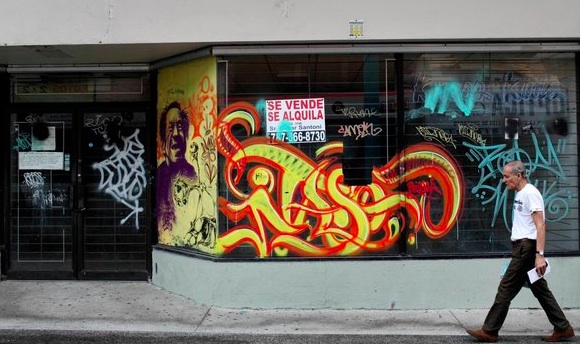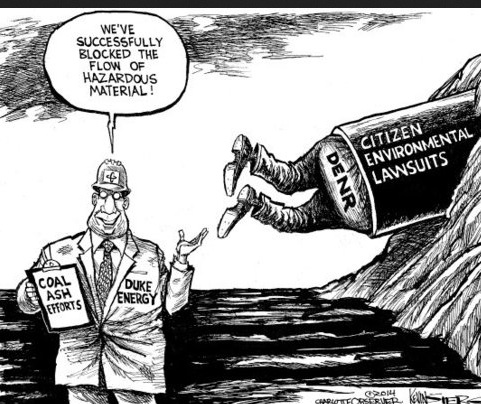Are Bitcoins Digiital Gold? This is the title of Nathaniel Popper’s intriguing new book released today in the US by Harper Collins. The subtitle: Bitcoin and the Inside Story of the Misfits and Millionaries Trying to Reinvent Money.
Although Popper uses the word money, his reference to gold in the title suggests that Bitcoins are a commodity. Debate has raged between these two definitions of the new virtual currency.
When paper money was first created, it was backed by a commodity. Not so today. There is no ‘gold standard.’ The traditional definition of a currency is that it is a medium of exchange and a store of value. The traditional definition of a commodity is that it is a nearly-perfectly fungible good. A commodity could be used as a currency if it is convenient to do so. Likewise, a currency can become a commodity under certain conditions.
We will look more closely at all the facets of Bitcoins as described by Popper in a series of articles this week.
Critics of the Bitcoin are large financial institutions who do not want to be up-ended by an upstart digital financial system with a new currency. A new way of banking might not require the Jamie Dimon’s of the world, or the JP Morgan Chase’s. In fact, Jamie Dimon, perhaps to distract people from his problems, attacked virtual currency in Davos in January of 2014,
Change in the world is happening rapidly, and while no one expects Bank of America to cave to techies from Silicon Valley soon, it could happen much sooner than we think. The banking industry watches nervously as tech firms like Apple take on the banks. Apple has 400 million consumers with credit cards attached to iTunes. In many different ways, tech firms can deeply disrupt the financial services sector.
Bitcoins cut even deeper into the banking system, because they have the potential to provide a new way to store money and then spend (or trade) it.
The first parry of banks against the bitcoin operators is that they are crooks. After Libor and sub-prime mortgages that seems on odd word for the banking ‘criminals’ to lob at others. The US Department of Justice is seeking criiminal pleas from Barclay’s, CItibank, JPMorgan Chase and Bank of America. The Silk Road drug dealers on a bitcoin site who the FBI hauled in may just have been the rogues in this game. Many Bitcoin players seem serious and honest, although some are over-the-top libertarians.
To be sure, the technology that drives Bitcoins insures anonymity. Yet anonymity is not always attached to criminal intent. In fact, as Popper weaves his tale, we meet a host of dedicated technology experts who are fascinatied by the problem of creating a new currency and seem not at all interested in crimincal possibilities.
Popper described the structure of bicoins efficiently and clearly. Encyrption is step one. Numbers and letters are in long sequences, but there is nothing particularly unusual about signing up for a bitcoin account. What is really brilliant is the ‘blockchain,’ which we will devote one article to describing.
Blockchains are at the heart of the matter for a new banking system. Popper describes a meeting between one of the early entrepreneurs in the Bitcoin field with Bill Gates. He approached Gates at an event and asked to speak with him about Bitcoins. At first, Gates sloughed him off. But when more detials of the possibilities of offering free banking to the nundreds of millions of under-served people in the developing world was suggested, Gates said he wanted to know more. And he is presumably thinking about the prospect right now.
No, Bitcoins are not the evil Wall Street and the bankers would have us believe. The system holds promise for cheaper and faster banking in the future. It will probably not come in the forms avaialable today, but so much capital, including lead Silicon Valley firm Andressen Horowitz, has been invested already, that it’s hard not to see this as a very good idea that will be shaped for easy use in the future.
Remember online banking and the ATM? After John Reed earned his MIT degrees at the Sloan school, he went to work for Citibank. In 1967, the bank commissioned a report on the future of the industry. One finding raised the question of what impact computers might have on banking. The Citibank president told Reed, “You went to MIT, surely you understand computers…Read this and take some time and figure out what this means for the banking industry.”
Reed, who had only written a few lines of Fortran during his MIT studies, took a year to study the problem, returned to MIT to study with several faculty members, and visited equipment manufacturers who were developing computers. And he decided that online, interactive systems would have the most influence on banking, akin to the airline reservations systems then being developed. Reed launched a company, Citibank Systems Inc., on the edge of the MIT campus, since he thought he could hire good people there. “It was a very unusual project because we had a solution looking for a problem,” Reed noted.
Moving money online was an early successful application, and it still earns millions of dollars for banks every year. On the retail side, Reed’s startup looked at branches and how to replace cash registers with speedier equipment. The developments allow Citibank’s to take the lead in issuing credit cards that allowed customers to transact business without carrying cash.
For Automated Teller Machine (ATMs), the main proposition was this: “We decided that the electronic dispensing of cash was going to be a real change agent,” he said. In 1970, Citibank had 1,600,000 customers in New York City so that became the test site. Reed moved his operation to California to combine his startup team with a group of engineers who had just developed a related system. They designed computers and multiplexers and leased telephone lines from AT&T. And then they had to figure out how human beings were going to interact with the machines….and that was just the beginning.
Who among the bankers today will switch and cut bait and do what John Reed did for Citi? That remains to be seen. But the cast of characters in the Popper book is a start.
Tomorrow: Popper describes how the Bitcoin system works.











